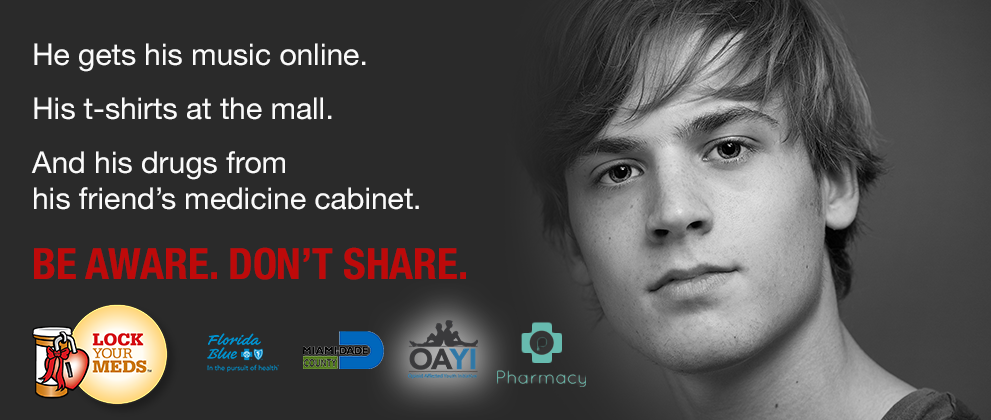
We at Informed Families hear it so often: “I never suspected my child was abusing drugs.”
More than 93,000 people died of drug overdoses in 2020, according to the Centers for Disease Control and Prevention (CDC).Last month, the agency announced that these figures, which are still preliminary, nevertheless represented a 29.4 percent increase over 2019, which also saw a record high with 71,000 overdose deaths.
"It’s something that happens to other families, to children from “broken” families, who have been abused or neglected."
No. It can—and does—happen in all kinds of families, regardless of religion, race, location, or socio-economic status. It happens to beautiful, talented, brilliant children who have their whole lives ahead of them, as the saying goes.
So we want to offer you some tips on how to spot signs that your children may be using drugs.
There are many types of illicit drugs, but in general, here are some signs to look for from the American Addiction Centers:
- difficulties at school, disinterest in school-related activities, or declining grades
- poor work performance, being chronically late to work, appearing tired and disinterested in work duties, and receiving poor performance reviews
- changes in physical appearance, such as wearing inappropriate or dirty clothing and a lack of interest in grooming
- altered behavior, such as an increased desire for privacy
- drastic changes in relationships
- a noticeable lack of energy when performing daily activities
- spending more money than usual or asking to borrow money
- issues with financial management, such as not paying bills on time
- changes in appetite, such as a decreased appetite and associated weight loss
- bloodshot eyes, poor skin tone, and appearing tired and run down
- defensiveness when asked about substance abuse
Other signs can include:
- a change in friends
- a loss of interest in favorite activities
- deteriorating relationships with family members and friends
Keep in mind that some of the above changes, especially withdrawal from family, can be normal signs of adolescence.
But if you suspect your child may be involved with drugs, talk with your primary care physician, school guidance counselor, or drug abuse treatment provider.
The National Institute on Drug Abuse provides a treatment referral resource for parents who need help on its website.
